When your little tyke wanted to dress up as Spiderman for Halloween, he wasn’t far off from imagining what his adulthood will require. We’re facing a climate crisis, and our children will be the generation responsible for saving the world. You can help your little superhero by instilling eco-friendly habits early on.
Reader's Roadmap
Connect with Nature
Research shows that helping children connect with nature encourages sustainable behaviors, such as purchasing eco-friendly garbage bags, and increases happiness. You can help your kids connect with nature by instilling these habits.
Spend more time outdoors. Our default is to remain indoors and only go outside if there is a reason. Switch that mindset around. Anything that can be done outdoors, should be. Reading a book, coloring and playing a board game are all more fun outside.
Spend time with animals. Visit the zoo, including petting zoos. Seek out an animal shelter. Walk the dogs that are there or sit with the cats. Set out a bird feeder in your yard and pick up a field guide to birds. Also, teach them the importance of insect pollinators like bees and butterflies in our daily lives.
Start a garden. Whether you’re growing vegetables, flowers or houseplants, you can help kids feel connected to nature. Try planting species that will attract pollinators.
Small Efforts with Big Impact
There are quite a few ways we can help the planet without much effort. Instill these “low-hanging fruit” habits in your kids.
Turn off water. Whether brushing their teeth or washing the dishes, teach kids to turn off water when not actively using it.
Turn off lights. Saving electricity doesn’t just save the environment, it also saves the family money. Check your utility provider’s website to see if you can sign up for daily usage updates. Challenge kids to keep the household’s usage under a certain [KWh].
Say no thank you to straws. Aside from blowing bubbles in strawberry milk, straws aren’t necessary.
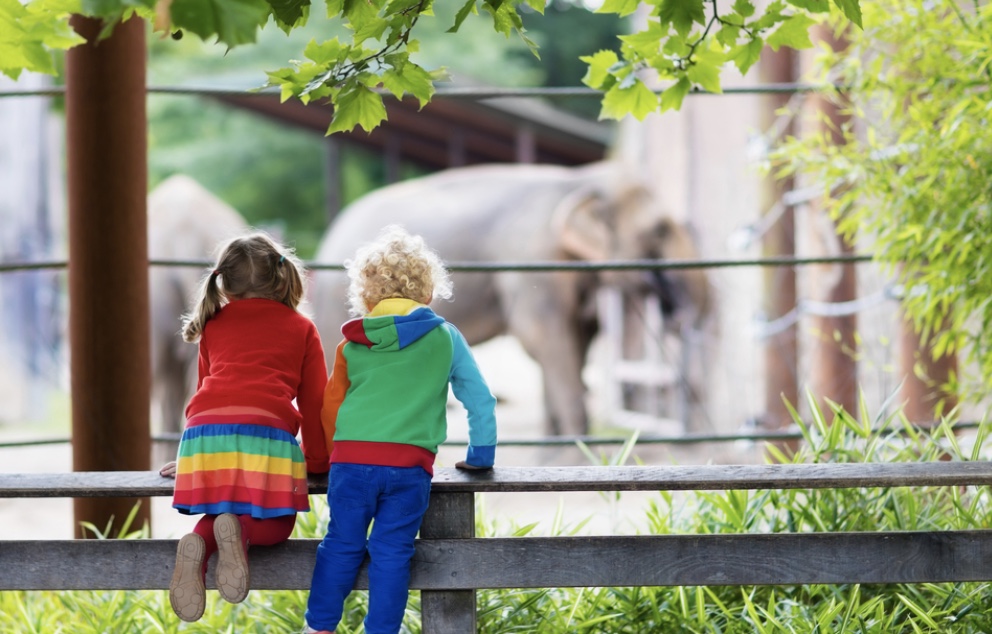
Habits to Reduce Waste
Across the board, we’re buying more stuff. We’re buying 60 percent more clothing than we did just 15 years ago. Yet, we’re keeping our clothes for half the time. Teach your kids to consume responsibly with these habits.
Emphasize experiences over things. Instead of wrapped birthday gifts, encourage extended family members to buy your kids experiences, such as tickets to the zoo.
Discourage “throw-away” toys. The little trinkets in grocery store vending machines or fast food children’s meals are really nothing more than plastic junk your kids might play with for a couple of hours before losing them to the bottom of the compostable trash bags.
Make it before you buy it. Make creativity a habit and encourage your kids to make items rather than buy them. If your child wants to redecorate her room, find some easy art projects that will look great on the wall. Or if you decide to feed birds, build a bird feeder together.
Encourage Activism
Our individual efforts are important. But it’ll take a collective effort to turn our climate crisis around. Create habits that will help your child encourage others to be more green.
Be an eco-consumer. How we spend our money makes a powerful impact on the environment. Help your children make a habit of considering the sustainability of their purchases. Research companies and look for eco-friendly options.
Write letters to your representatives. Raise a good citizen by being active in democracy. Help your child write letters to your representatives asking for more climate action.
Support an organization. Whether it’s helping endangered animals or cleaning the ocean, there are many reputable organizations working to save the environment. Seek one out and support it by volunteering or making a donation.
Tips to Help Habits Stick
Your goal is to raise adults with an awareness of environmental issues and a solid foundation of good habits to fight climate change. Psychologists share expert tips on how to instill good habits in your kids.
Consider Incentives. Even a short-term incentive can have lasting effects on children’s habits.
Avoid “Stepping In” if They’re Not Doing It Quite Right. Unceasingly correcting until they get it perfect will make green habits unpleasant experiences for your kids.
Educate and Explain. Tell your kids why your family cares about the environment. Explain that plastic straws can make their way into the ocean where sea turtles will try to eat them.
Be a Role Model. For better or worse, your kids will always imitate you. If you find yourself with a cart full of groceries but with no reusable bags, don’t opt for plastic even though you’ve worked all day and just want to get home. Instead say, “Looks like we forgot the bags in the trunk. Let’s leave this cart with the greeter while we go get them.”
Recognize Your Child’s Efforts. Reinforce your child’s environmental awareness by recognizing when he does something that is eco-friendly.
Instill Hope. There’s a lot of eco-anxiety out there. Your child’s green habits will fizzle fast if you don’t instill a sense of certainty that our environmental problems can be overcome.
Being a superhero isn’t all heady fights against evil. By instilling eco-friendly habits early, you’re encouraging your children to be hopeful and action-orientated. And when they’ve finished saving the world, they’ll enjoy their connection to nature even more.

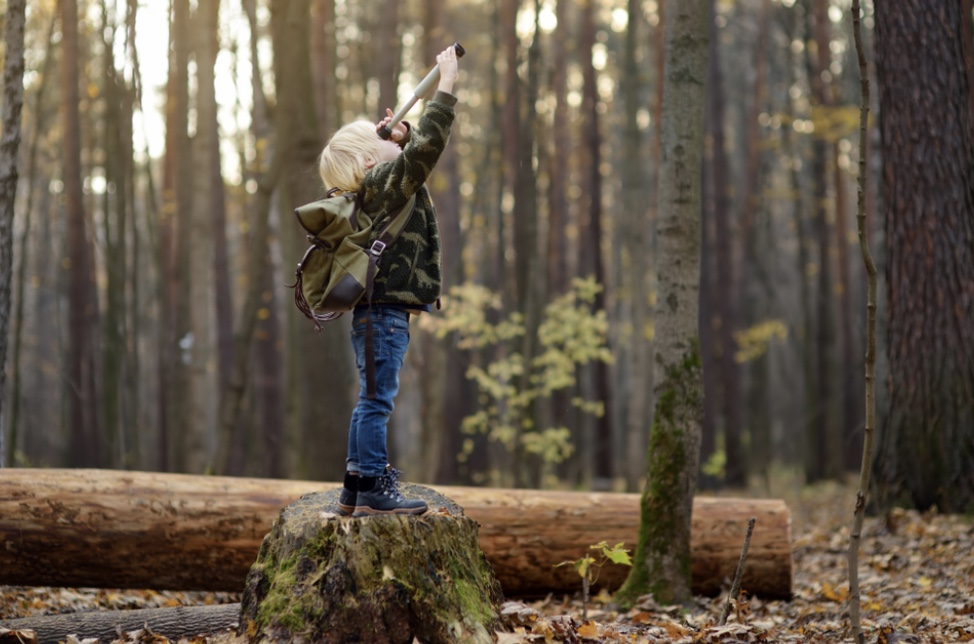

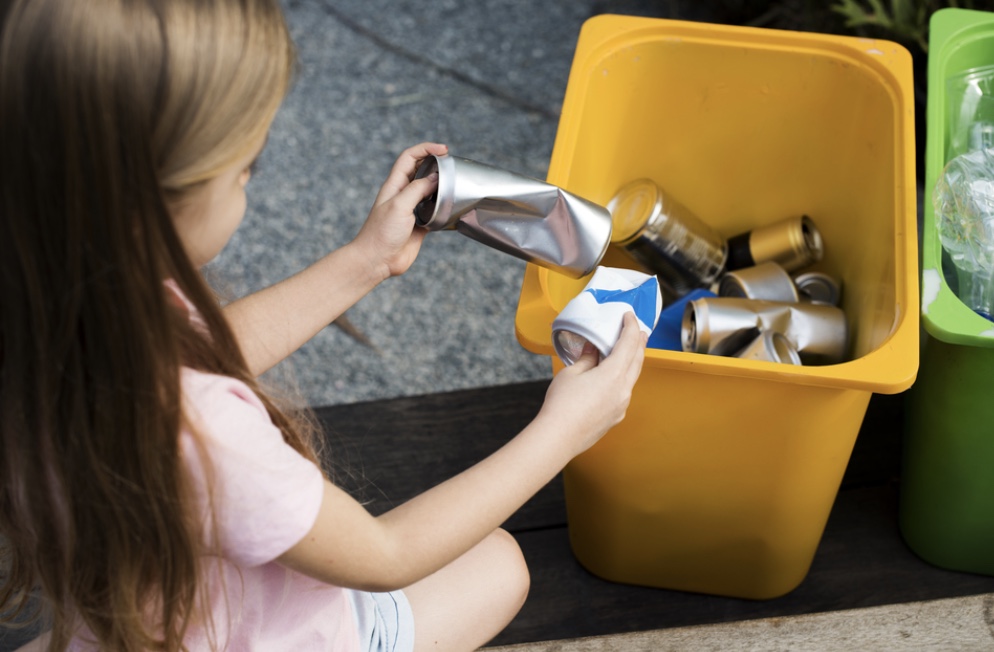
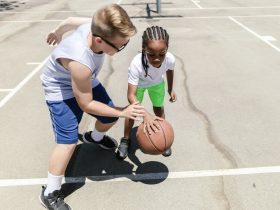
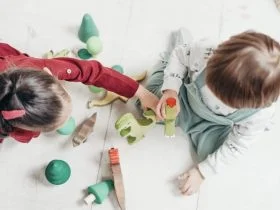
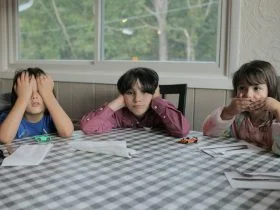

Leave a Reply
View Comments